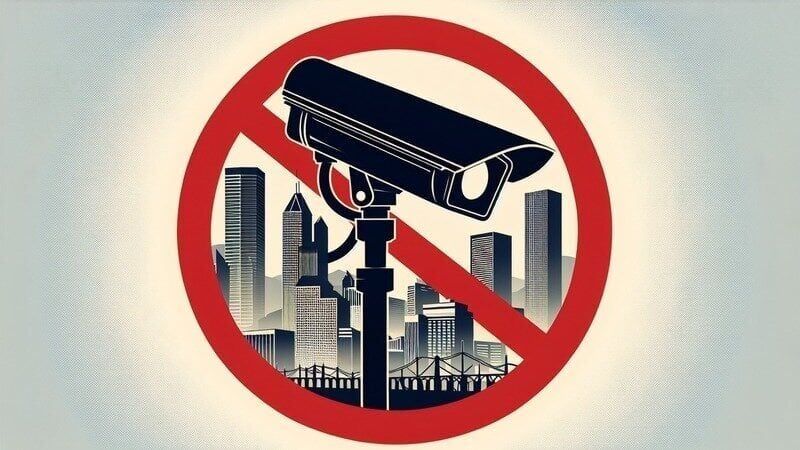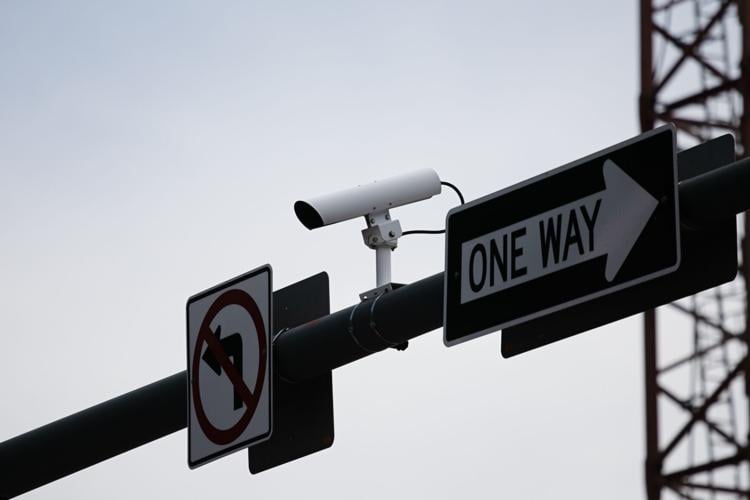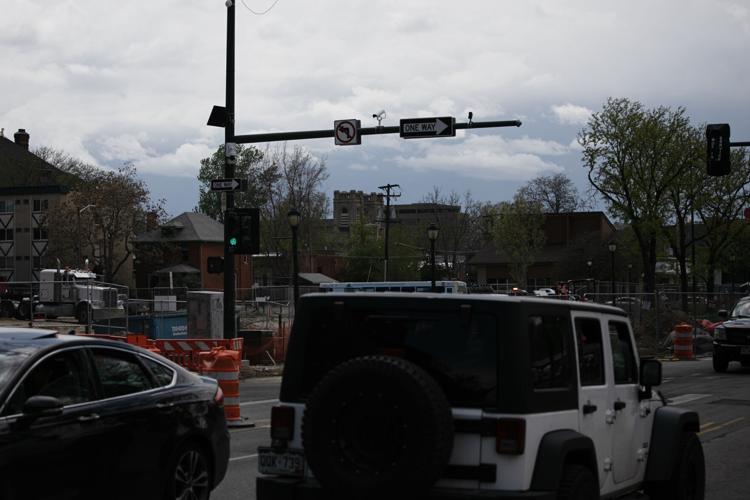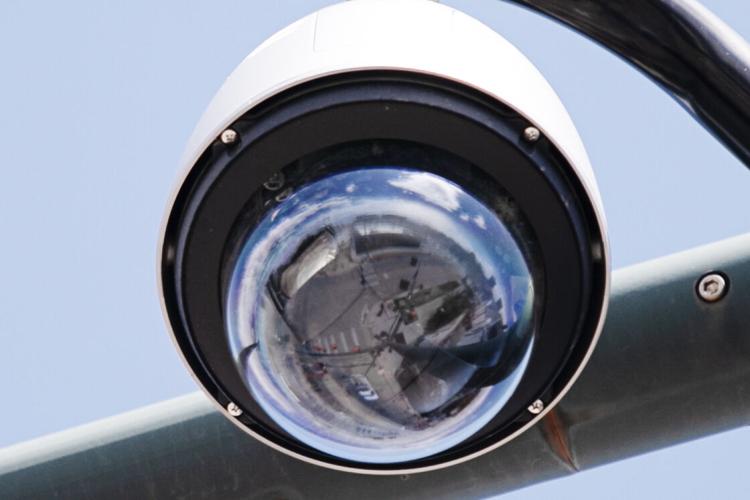Privacy advocates want Denver mayor to turn off Flock cameras

Local privacy advocates plan to deliver a petition to Denver Mike Johnston asking him to turn off the city's 111 Flock license plate reading cameras until better guardrails around their use and the data they collect – and share – can be enshrined in policy.
Denver Task Force to Reimagine Policing and Public Safety
A group of Denver residents plans to deliver a petition to Denver Mayor Mike Johnsto on Thursday asking him to turn off the city’s 111 Flock automaked licence plate reading (ALPR) cameras until better guardrails around their use and the data they collect – and share – can be firmly enshrined in policy.
In early May, the Denver City Council rejected a resolution that would have added two years and $666,000 to an existing contract between the Denver Police Department and Flock Group, Inc. for cameras that read license plates.
While the unanimous vote ended the city’s 12-month “pilot program,” Johnston, despite public outcry, has kept the cameras operating, a move local privacy advocates say is “dangerous.”
Some council members have expressed concerns surrounding information sharing and possible use of data from the automated license plate readers for mass surveillance and to target illegal immigrants.
Petition sponsor Kristen Seidel of the Denver Task Force to Reimagine Policing and Public Safety told more than 100 community members who attended a “Teach-In” held at the Shorter Community AME Church on Tuesday that the group has some “very specific asks.”
Among them is the request that all Flock ALPR cameras be turned off immediately, along with a complete audit of search data from Flock to be shared with the City Council.
In addition, petitioners want to see better guardrails, including:
• A bi-monthly full audit of Flock ALPR searches, rather than monthly, and the results to be shared with the Denver City Council, also on a bi-monthly basis.
• Community input on all surveillance technology, where their needs should be justified and proven for all new and changes to existing technologies.
• The creation of a public task force process that includes community members, members of the City Council, and privacy and surveillance experts to create comprehensive legislation governing the use of surveillance technology in Denver.
• Existing and future surveillance technology usage should be clearly documented in a public dashboard.
• Details of all stored and shared data should be publicly disclosed to the public before contracts are approved by the City Council.
“We’re living in a very unusual time where we have federal agencies and a U.S. president who is actively breaking all norms about their attempt to invade or gather data based on their political beliefs, or their gender identity or immigration status,” Johnston told Denver Gazette news partner 9News. “I understand that concern.”
However, Johnston added that the city has “every intention of making sure these cameras stay up, the public safety is in place, and we can track down violent criminals.”
Critics are calling for the city to develop stricter and more well-defined laws and policies around surveillance and data sharing.
“If you get hit by a car, you probably know it,” At-large Councilmember Sarah Parady said. “If your data gets stolen or copied or sold, you probably don’t know it. And so these kinds of laws are really, really challenging to enforce.”
Denver Gazette news partner 9News contributed to this story.







